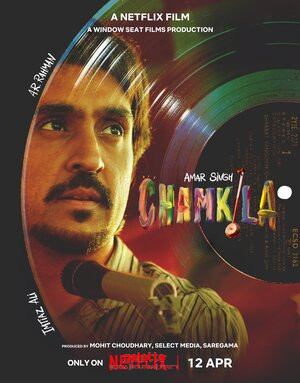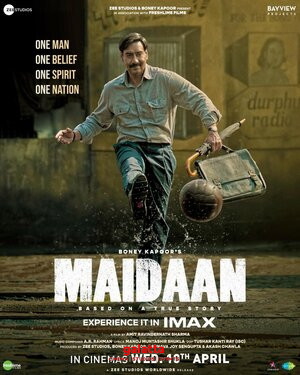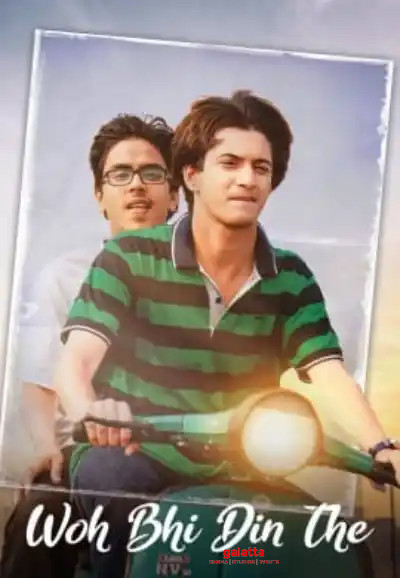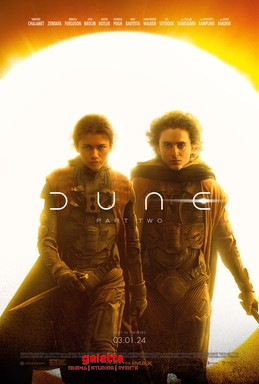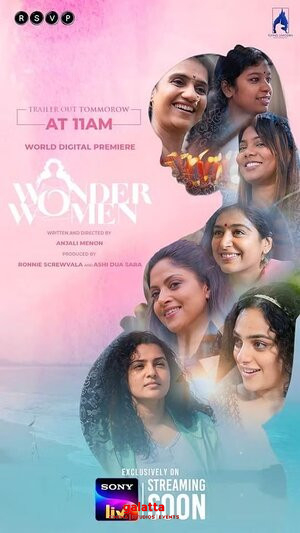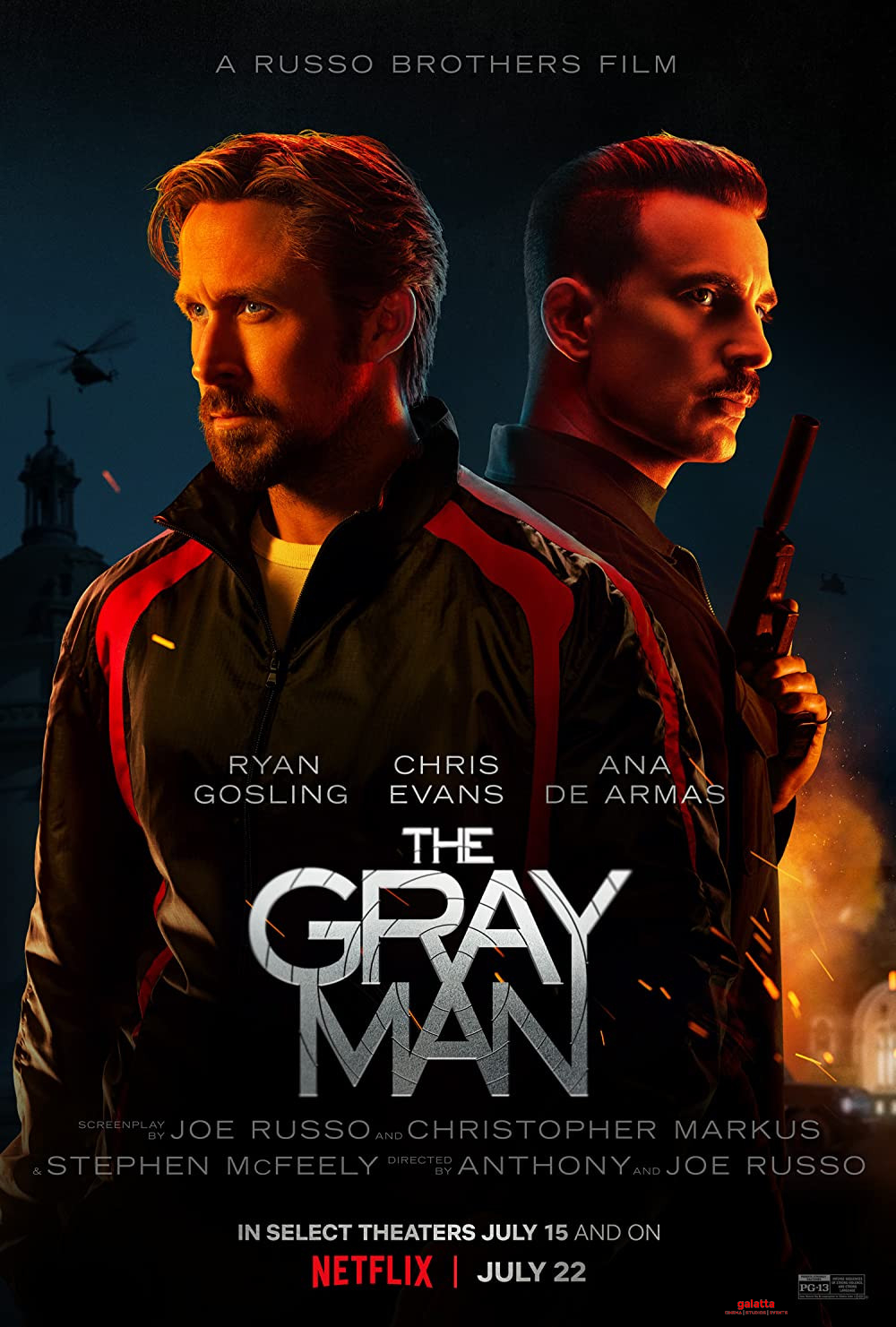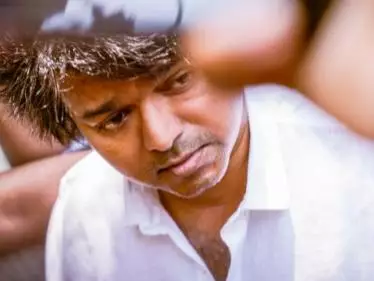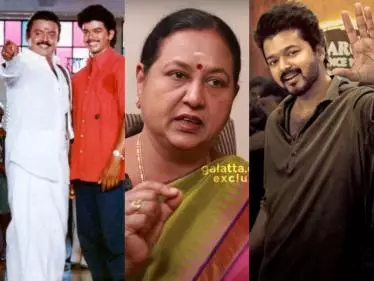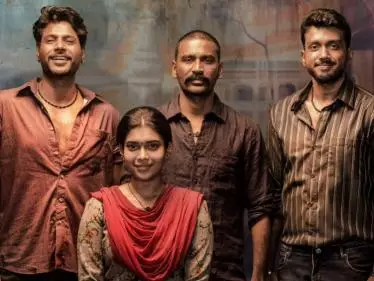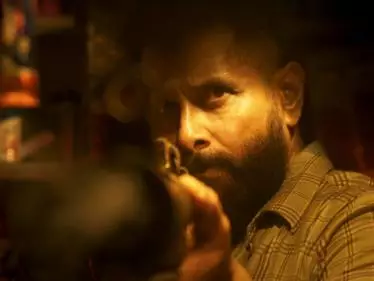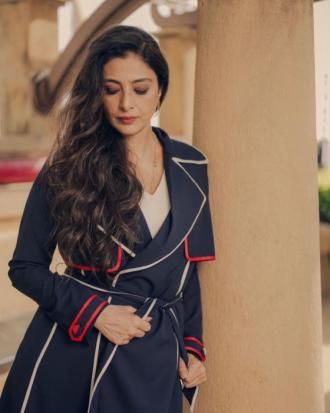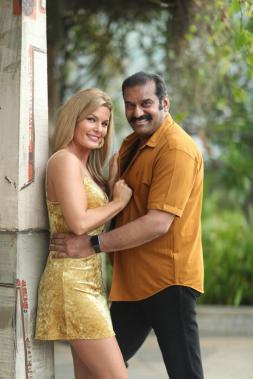Meghdoot Movie Cast & Crew
The simplest way to describe Rahat Mahajan's Meghdoot (The Cloud Messenger) is as a timeless love story, and the film's biggest achievement is that it keeps us adrift in this sense of… timelessness. From the colours to the locales, from the micro-directed gestures and performances to the runic dialogues – everything seems both ageless and of our age. It is elemental. Take the love story between Tarini and Jaivardhan from centuries ago. The screen is painted in earth colours of orange and brown. And when we see the same pair reincarnated in the modern day, in a posh residential school, the uniforms are blue: we get sky colours. And both segments are awash with water, whether a river or a swimming pool. There's a tangential reference to the Kalidasa epic of the same name, where a yaksha was separated from his wife. This Meghdoot is suffused with a similar sense of longing.
This is Rahat's debut feature. It was in the competition section at the International Film Festival of Rotterdam in 2022, and like Rishab Shetty's more mainstream Kantara, it allows ancient performance-art forms to coexist with something as modern as cinema. The narrator as well as the villain of the piece, the demon keeping the lovers apart, are played by Theyyam, Kudiyattam and Kathakali artists. For a "love story", not much is spoken about the emotions. The film is after more abstract effects – say, how the simplicity of the uniforms in the boarding school at the foot of the Himalayas clashes beautifully with the elaborately painted and costumed bodies of the dancers. Or how both Jaivardhan-s, across time, end up being "punished" – the older version by being banished and the younger reincarnation by facing physical forms of discipline after earning the wrath of his teachers.
The element of destiny works its way into the modern day, too. A master photographer (Raj Zutshi) comes to the school to conduct a workshop. The way he pairs up students involves bits of string. Students who end up holding opposite ends of the same string will form a team. Tarini and Jaivardhan, thus, end up being (quite literally) tied together – and you wonder if the string is just a string, or the thread of togetherness and separation that has followed them across time. Ritvik Tyagi plays the reincarnated Jaivardhan and Ahalya Shetty plays his Tarini. Like the other actors, they don't give performances in the way that actors usually do. They enact a series of still lifes, while the "acting" is left to the Theyyam, Kudiyattam and Kathakali dancers. Even while doing something as physical as crashing his body against a locked door, Ritvik Tyagi comes across as doing something more primal than just "emoting". Sometimes, like when the entire school wails over a tragedy, the sound is suppressed for a while – making the students seem like performance artists themselves.
Meghdoot earns its eccentricities. When the photographer says things like "See the totality of the tree and become one with it," it doesn't come across like Instagram philosophy. He is teaching Jaivardhan and Tarini to look beyond their present physical selves and reach for the immortal beings that they are. He is the opposite of the other teachers who focus on just their subjects and the books assigned for those subjects. If the strict PT coach is toughening up the body, the photographer is opening up the mind. The biggest question arrives in the form of the Ramayana, thanks to a local tourist point called Monkey Hill. This site is said to contain the footprint of Hanuman as he was air-transporting the mountain with the Sanjivani herb to bring the mortally wounded Lakshmana back to life. Again, we are in the realm between life and death. (By the way, there really is a Monkey Point in Kasauli.)
Did Hanuman really exist? By extension, we could ask if the events of the Ramayana are true. Meghdoot says it's about what you believe. Does the modern-day Jaivardhan believe enough to visit the land of death? You could extend this question to the film, too. Do we believe what is unfolding on screen? Isn't that the most fundamental nature of stories, that we suspend our disbelief? There's a kind of woozy poetry in Rahat Mahajan's aesthetic, which is complemented by Nikhel Kumar Mahajan's spare and eerie score. (Apart from writing and editing duties, Rahat also co-shot the film, with Anil Pingua.) Even at this length, some two-and-a-half hours, I believed everything, start to finish. The literalness of the narrative is balanced out by the abstraction in the making. Even when you are not always able to articulate what's happening, you feel it deep inside. That's the power of myth.


